Rising temperatures caused by climate change may lead to a 3.2% annual increase in food prices, which could result in food insecurity and inadequate diets for many people worldwide, especially in low-income countries like Ghana. Climate change not only disrupts farming seasons and increases pests and diseases, but also reduces purchasing power due to inflation, making it harder for households to afford necessary food and increasing their vulnerability to health issues. Reducing greenhouse gas emissions and implementing government interventions are potential ways to mitigate these impacts.

High interest rates have benefited US consumers as the increase in interest income from money market accounts offsets the higher interest payments, resulting in a net positive impact on savers.
The decreasing global population will have economic consequences, including lower GDP growth and challenges in funding pension and healthcare systems. Migration will be critical to addressing labor market gaps.
The Bay Area and California experienced job losses in February, interrupting the previous hiring boom and raising concerns about the state of the economy. The tech industry and construction were particularly affected, but gains were seen in smaller firms, start-ups, hotels, restaurants, and healthcare. The overall jobless rate in California also worsened. The losses in February dampened hopes for continued positive job growth, leaving the Bay Area further from its pre-pandemic employment levels.

Russia retaliated against Ukraine with "massive" airstrikes in response to Ukrainian attacks on its border regions, resulting in casualties and damage to energy facilities, escalating tensions between the two countries.

Mortgage rates have reached a new high, but this hasn't dampened the housing market as home building continues and borrowing costs are expected to decrease later this year, according to Freddie Mac.

The German economy is likely in recession in the first quarter of 2024 due to weak consumption and poor industrial demand, according to the Bundesbank, suggesting that it will be another weak year for Europe's largest economy.

Canadian government spending is increasing faster than revenue, with interest payments also rising, leading to a growing deficit as Finance Minister Chrystia Freeland prepares to release the budget next month.

The Canadian government's decision to set targets on the intake of temporary residents will alleviate the housing crisis and positively impact the rental market, leading to less pressure on rents, lower inflation in services, and lower interest rates.
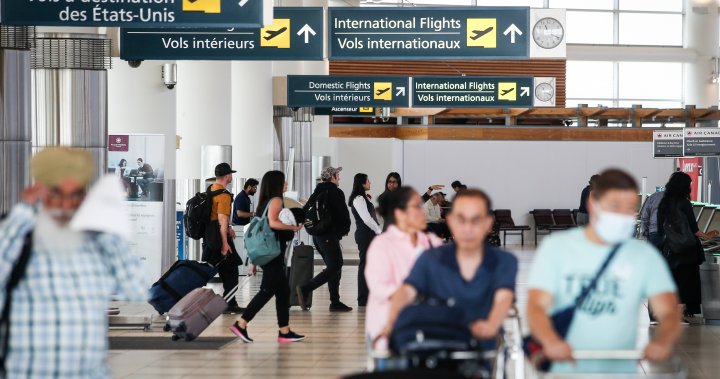
Federal Reserve Chair Jerome Powell and other Fed governors heard firsthand from business and community leaders about the impact of interest rate hikes and price pressures on Americans, with some expressing concerns over the stranglehold these developments have on rural America and small manufacturers. There are calls for the Fed to cut interest rates to alleviate the pressures faced by certain sectors.
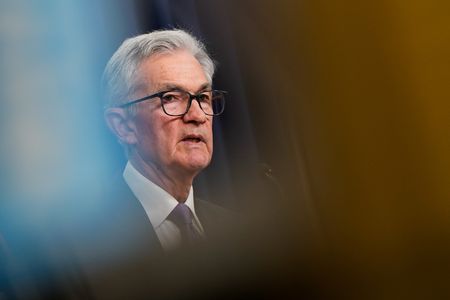
India, a member of BRICS, has shifted its oil purchases from Russia to the United States due to sanctions and concerns over using the Chinese Yuan, potentially straining relationships between BRICS countries.
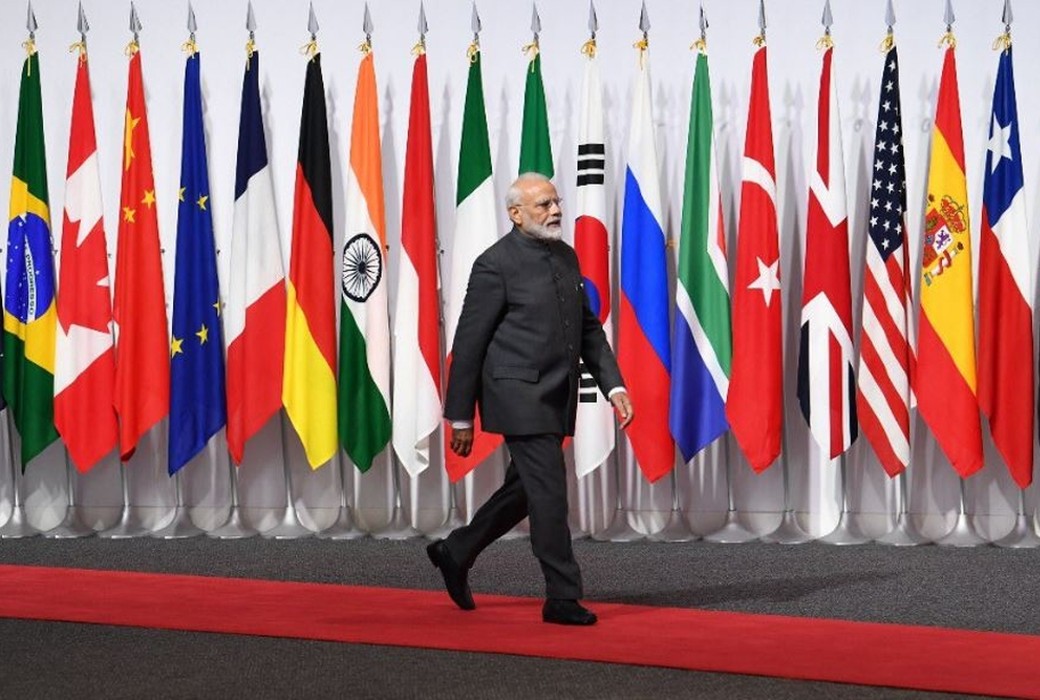
The Federal Reserve's decision to hold interest rates steady and the evolving expectations of rate cuts are discussed by Kevin Flanagan, the WisdomTree Head of Fixed Income Strategy, who emphasizes the importance of the market's response to rate cuts and questions how the bond market will react if inflation remains high while the Fed cuts rates. Flanagan believes that there is currently no indication that the Fed would need to enter another rate hike cycle, which would be the worst-case scenario.
The national average credit score in the US fell for the first time in a decade, indicating that missed borrower payments and rising consumer debt levels are impacting creditworthiness.

The Kremlin has issued a warning of "catastrophic consequences" if the EU goes through with plans to confiscate Russian assets held in Western banks over fears of costly litigation and potential liability for the banks involved.
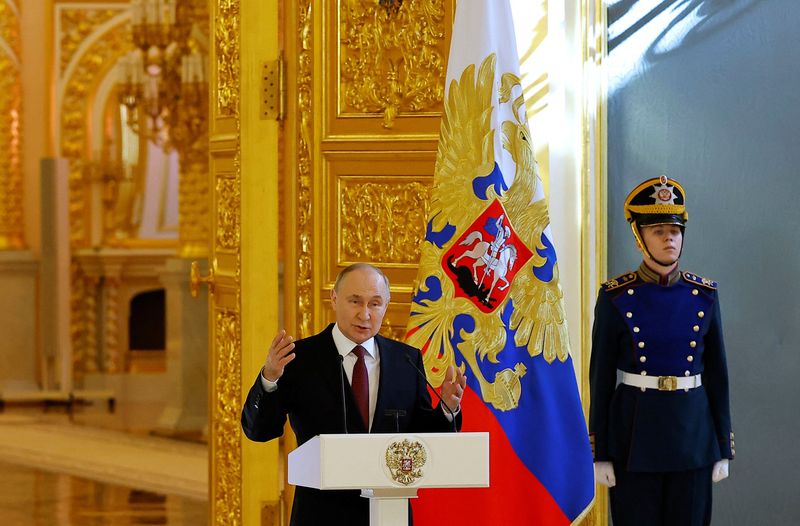
The success of Harbin's "ice city" tourism boom in China is overshadowed by the local government debt crisis and weak industrial growth in the region, leading to declining revenues and financial problems.

Russia's Central Bank keeps interest rates unchanged amid persistently high inflation and labor shortages caused by the war in Ukraine, as analysts wait to see if the bank's rate hikes are effective and if a rate cut is possible in the future.
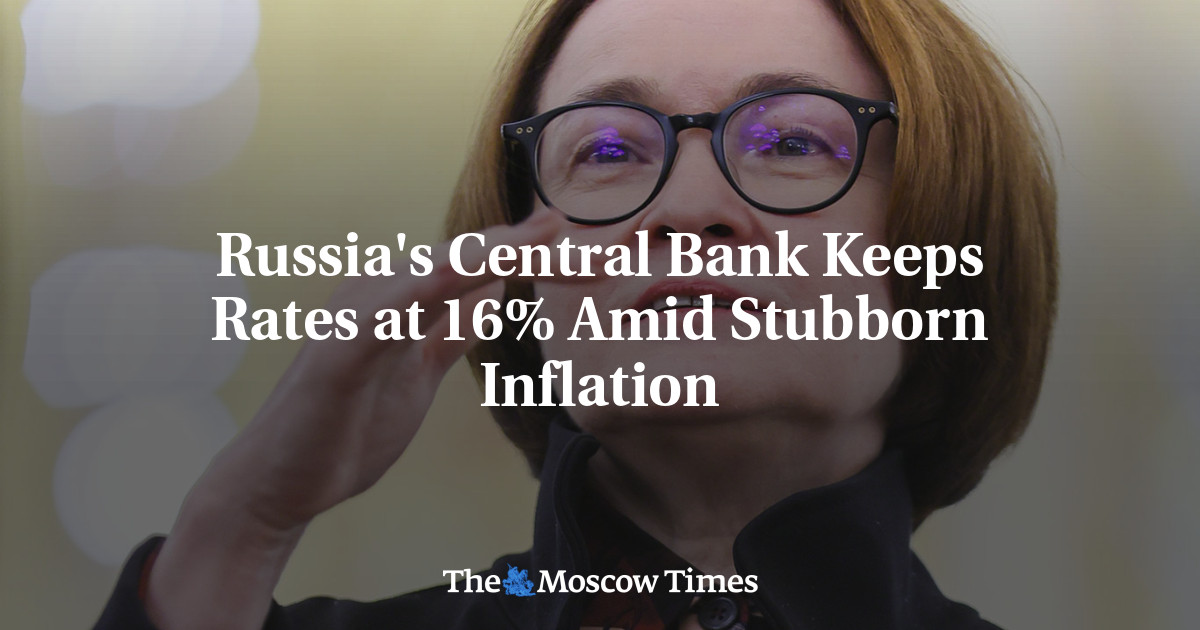
Credible provides tools and information to help improve your finances, including current mortgage rates and tips on how to get the best rate.

Bank of England Governor Andrew Bailey suggests that further interest rate cuts are likely this year due to positive signs of inflation approaching the target, with rate cuts remaining "on the agenda" for future meetings of the Bank's Monetary Policy Committee.

CBO: U.S. Debt Trajectory Raises Alarms, Could Exceed WWII Record Highs Without Major Budget Reforms
The Congressional Budget Office (CBO) predicts that the US national debt will reach unprecedented levels, with debt held by the public projected to rise to 166% of GDP by 2054, driven by increasing deficits, rising interest costs, and growing spending on healthcare and Social Security.

Venture funding for African startups in 2023 declined by 31% compared to the previous year, with the withdrawal of North American investors being the main factor, according to a report by the African Private Capital Association.
India's Prime Minister, Narendra Modi, is praised for his ability to convince the Indian population of their economic prospects and attract foreign investors, despite concerns about the underlying weak growth, high unemployment, and the dominant role of government expenditures in driving growth.

Pakistan's Finance Minister, Muhammad Aurangzeb, announced that discussions for an Extended Fund Facility (EFF) with the International Monetary Fund (IMF) will take place next month in Washington, as the country seeks to address a full-scale economic crisis.

India's foreign exchange reserves have reached a record high of $642.49 billion, with the country's economy expected to grow at 7.6% this year, attracting significant overseas equity flows and foreign investment. The Reserve Bank of India has absorbed most of these flows to prevent excessive currency appreciation, bolstering the reserves and allowing for effective currency management during market volatility. The reserves can cover over 11 months of imports, providing protection against external volatility.

A Canadian food blogger's video on using food scraps to reduce waste and save money has sparked a movement towards "scrappy cooking" and prompted discussions on food waste and cost-of-living concerns. The popularity of repurposing leftovers reflects a nostalgia for traditional cooking practices and a desire for more sustainable and economical food consumption. Developing simple habits like meal planning and utilizing various preservation techniques can significantly reduce food waste and save money.

The article discusses the concept of Purchasing Power Parity (PPP) and lists the top 30 countries with the highest PPP in the world.

New York City is the most expensive place for a single person to live comfortably, requiring an annual income of $138,570, while California cities also ranked high due to housing shortages and high costs of living.

Approximately 10% of the U.S. workforce is in occupations with a high level of exposure to artificial intelligence (AI) and lower performance requirements, increasing the risk of displacement due to AI-powered automation, according to a report released by the White House.

Chinese authorities have signaled their readiness to allow the yuan to weaken, as the currency slipped past the 7.20 per dollar line, sending ripple effects across Asian markets, accelerating losses in some regional currencies, and weighing on sentiment towards China-linked assets.

Around 5 percent of mortgage borrowers in Australia are spending more on their mortgage and living expenses than they earn, a figure that could rise to over 6 percent if inflation stays high and interest rates increase by half a percentage point, according to the Reserve Bank. However, the proportion of borrowers in negative cashflow is expected to decrease by early 2025 due to falling inflation and lower interest rates, although around 4 percent of borrowers will still be spending more than they earn. Additionally, the savings accumulated by many borrowers during the low-rate period mean that just over 2 percent are expected to deplete their buffers by the end of 2025. The Reserve Bank's modeling suggests that even under a "higher-for-longer" scenario, the proportion of borrowers running out of cash is expected to remain below 3 percent.
The International Monetary Fund (IMF) has stated that Sri Lanka's economy is gradually improving, with inflation decreasing from 70 percent to 5.9 percent and economic expansion in the second half of 2023, following its worst economic crisis in 2022.
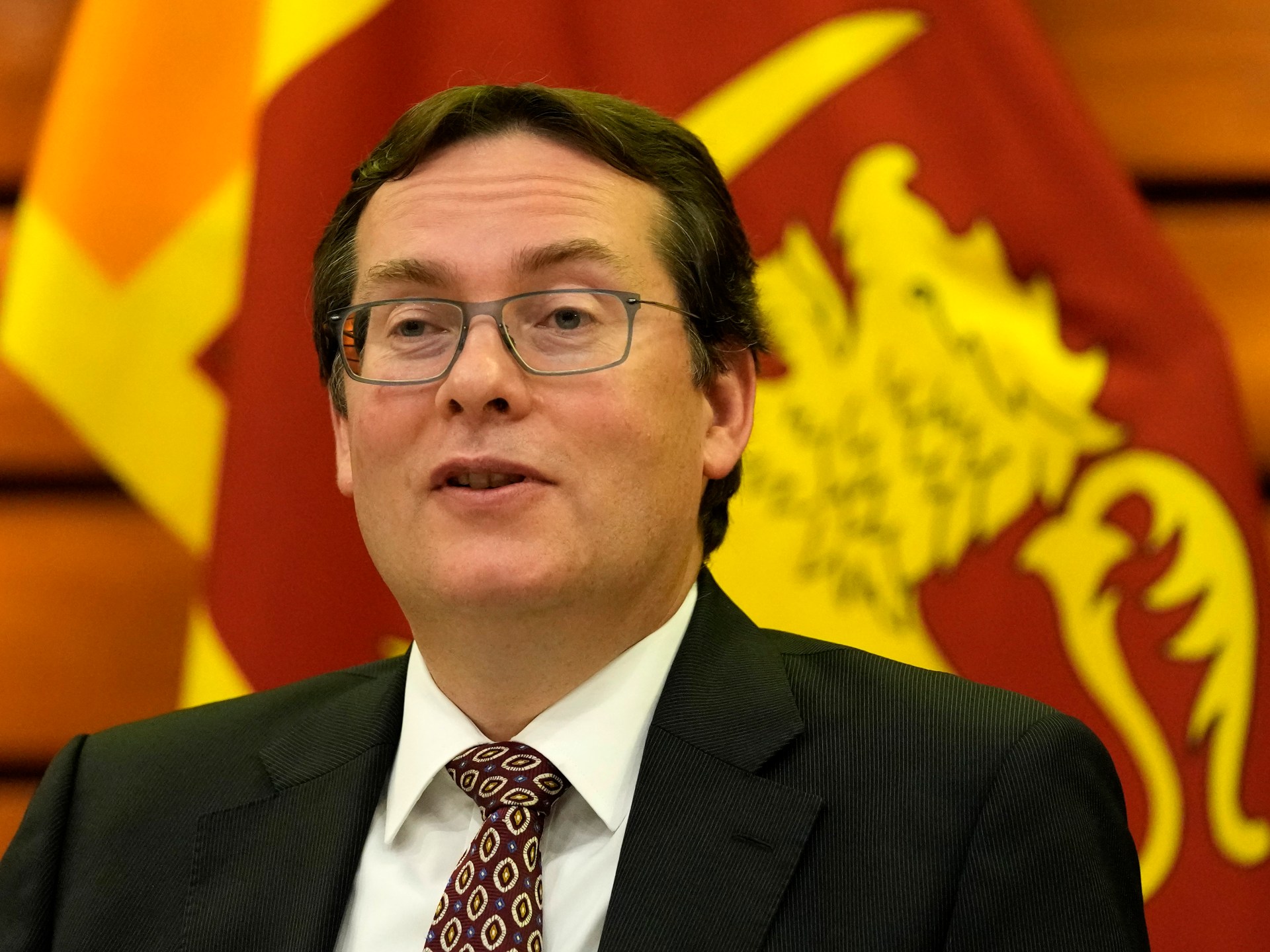
The ruling elites in Pakistan and the IMF have not learned from past failures, leading to unsuccessful loan programs and economic crises, as the rich evade taxes and the poor bear the burden of fiscal adjustments. Pakistan's recent bailout and IMF's objectives remain unchanged, leaving ordinary citizens with little hope for improvement.

Pakistan authorities have received $6.68 billion in foreign economic assistance in the first eight months of the fiscal year, almost 38% of the annual budget target, as borrowing options remain limited due to poor credit rating and global financial market conditions despite support from the IMF.

The State Bank of Pakistan's foreign exchange reserves increased by $105 million, reaching $8 billion, indicating excess dollar liquidity in the banking market and supporting exchange rate stability, although concerns are rising over the country's ability to service its debts, especially with a $1 billion outflow due for Euro bond maturity in April.

Millions of Japanese, including small business owners and first-time homebuyers, are concerned about the implications of higher borrowing costs after Japan's central bank raised interest rates for the first time in 17 years and scrapped its negative rates policy.

Japan's consumer price index (CPI) inflation rose as expected in February, exceeding the Bank of Japan's target rate and supporting the central bank's recent policy shift.
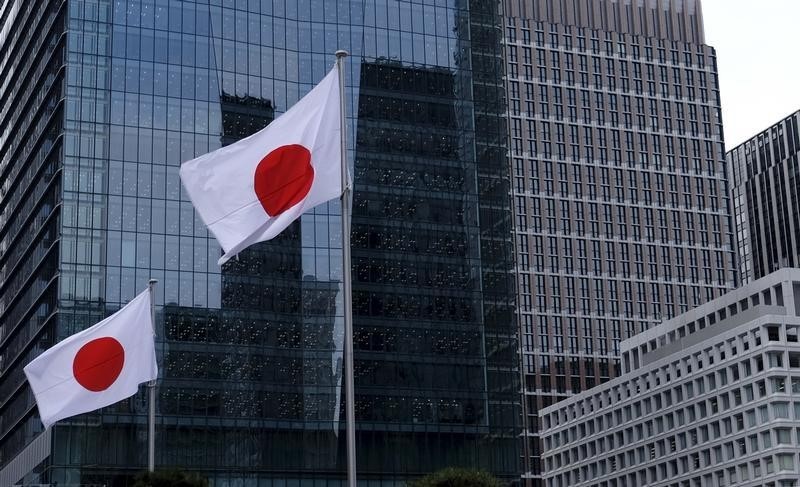
The International Monetary Fund has approved a third review of Ukraine's $15.6 billion loan program, releasing $880 million for budget support, as the country faces high risks from its war with Russia and uncertainty in external financing.

Inflation remains a significant concern for Americans, with high prices for various goods and services impacting their daily lives, and research shows that while the economy generally performs better under Democrats, inflation tends to fluctuate and is influenced by various factors.

Nearly three-quarters of Americans are concerned about inflation rates, making it a top issue for voters in the 2024 presidential cycle, with Biden and Trump's inflation-reducing plans being a key consideration.

Large grocery store chains have been accused of exploiting product shortages during the pandemic and raising prices excessively, resulting in excessive profits and an unfair advantage over smaller competitors, according to a report by the Federal Trade Commission. The report suggests that rising grocery prices are not solely due to retailers' rising costs and calls for further investigation by the FTC and policymakers.

A significant majority of Americans hold a negative view on tipping, with many feeling that it has gone too far and being asked to tip in unconventional settings, leading to discomfort and uncertainty among consumers.

The unchecked population surge in Canada, coupled with low business investment, is responsible for a significant decline in productivity over the past two years, according to an analysis by Bank of Nova Scotia.
Warren Buffett highlights the vast concentration of wealth among the ultra-rich, while hardworking citizens face economic stagnation, emphasizing the need for a more inclusive economic system and equitable wealth distribution.

The Federal Reserve's decision to keep interest rates unchanged has pleased the markets, but future inflation data may lead to a different market sentiment in the coming months, according to MacroPolicy Perspectives founder Julia Coronado.
The Bank of Canada's focus on including shelter inflation in its inflation calculations is causing borrowers to bear the burden of high interest rates, even though factors outside of monetary policy, such as the overheated housing market and lack of affordable housing, are largely responsible for rising costs.
There is a focus on the U.S. southern border and the blame is being placed on Trump for the current situation.

Turkey's central bank raised interest rates by 500 basis points to 50% in an effort to combat high inflation, resulting from factors including surging fuel and food costs, sanctions, unconventional monetary policy, and high private debts. Despite previous rate hikes, inflation remains a significant issue, and experts view the latest decision as necessary to address the problem.

Turkey's central bank raised interest rates by 500 basis points to 50% in an effort to combat inflation, which has reached alarming levels, and to stabilize the Turkish lira, which has lost significant value.

The cost of food and overall inflation will increase due to climate change, causing a rise in food prices by 1.5 to 1.8 percentage points annually within a decade or so, according to a new study. By 2035, overall inflation is expected to increase by 0.8 to 0.9 percentage points, and by 2060, global food prices could increase by 2.2 to 4.3 percentage points annually.
Mexico's central bank has cut interest rates for the first time in over a year in response to slowing inflation, with the rate being reduced to 11% in a split decision.

The claim that the U.S. economy added 15 million jobs under President Joe Biden is a mixture of true and false information; while the U.S. economy gained 14.9 million jobs in total, about 9 million jobs were lost during the pandemic, resulting in a net gain of 5.5 million jobs from pre-pandemic levels. The unemployment rate has remained below 4% since February 2022, marking the longest stretch in over 50 years, and various indicators suggest a strong economy under Biden.
